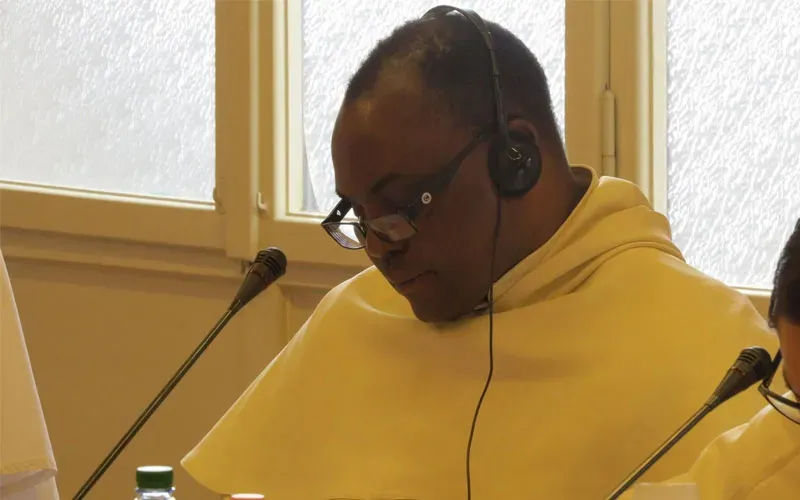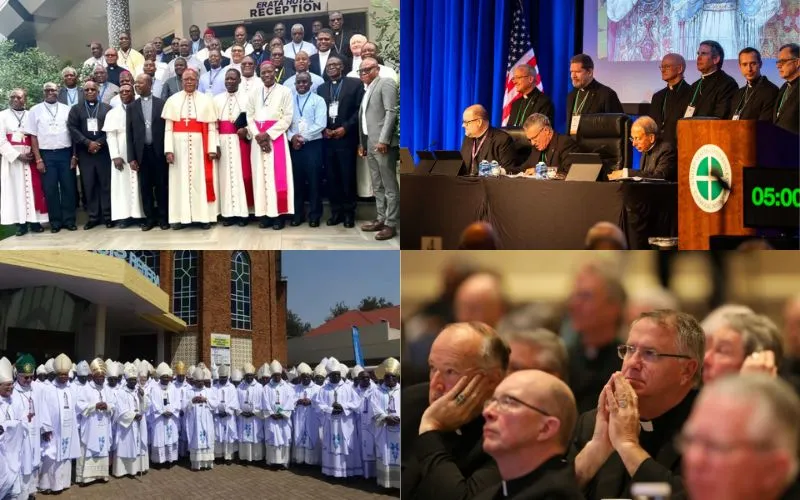The SACBC Justice and Peace official notes that the poor involved in this case are people who lost their loved ones or got injured between 2005 and 2013 during accidents linked to three-seater panel vans that were illegally converted to taxis and ambulances.
“The report on the illegal conversion issue by the public protector in 2019 found that the illegally converted taxis were not safe for the road and contributed to a massive number of accidents, where hundreds of people sustained injuries and loss of lives,” Fr Muyebe says in the August 23 SACBC report.
He recalls that the vehicles were modified into minibus taxis to carry passengers despite the fact they were not safe for that purpose, and that banks and other stakeholders who were involved in these unsafe taxis prioritized profit over the safety of the poor who often use such public transport.
According to the Priest, the common thread in all the cases that the commission has taken up is the fact that the poor are the ones who are victims.
These, he says, are the working poor who contracted lung diseases in the mines, the poor who suffered loss of lives after eating listeria-infected polonies, and the poor who suffered loss of lives when using the taxis as the public transport for the poor.
(Story continues below)
Fr. Muyebe maintains that it is the poorest of the poor who are hardest hit when multinational corporations and domestic firms decide to prioritize profit over human dignity.
He notes that such poor people do not have resources, power and voice when confronted by giant corporations, their powerful lawyers and their strong political connections. He says, “It is therefore important that the church, the human rights lawyers and civil society stand with them and their struggles when they decide to demand justice and reparation from powerful corporations.”
“It is true that South Africa and other African countries need multinational corporations and investments to facilitate increase in economic growth and job creation,” the Director of the SACBC Justice and Peace Commission admits.
He however quickly adds that in South Africa and other African countries, it should not be business as usual when multinational corporations and domestic companies deliberately cause massive loss of lives and injuries among the poorest of the poor.
“We are sending a strong message to political and business leaders that they should place ethical values at the center of economic and business activities,” says Fr. Muyebe.
He explains that in practice, this means that, in their business and economic decisions, they should prioritize the protection of the dignity of the poor and the integrity of God’s creation over wealth creation for investors.
“They should also make sure that trade and investment agreements are guided by the demands of integral human development. Trade and investments agreements should therefore be accompanied and regulated by human rights and environmental impact assessments,” Fr. Muyebe says in the August 23 SACBC report.
Agnes Aineah is a Kenyan journalist with a background in digital and newspaper reporting. She holds a Master of Arts in Digital Journalism from the Aga Khan University, Graduate School of Media and Communications and a Bachelor's Degree in Linguistics, Media and Communications from Kenya's Moi University. Agnes currently serves as a journalist for ACI Africa.








